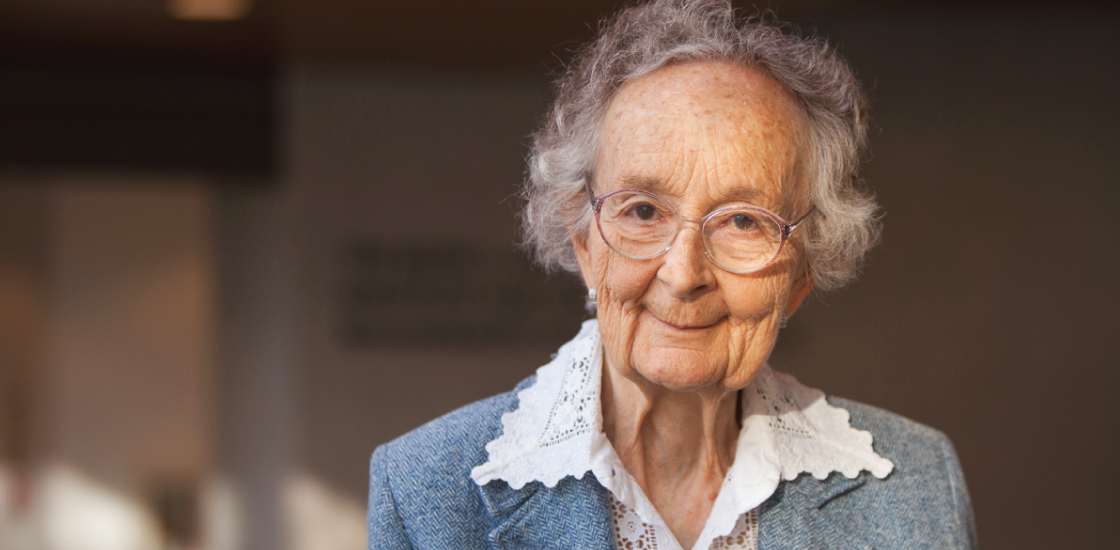Sylvie Goldman
Assistant Professor
Columbia University Medical Center
From this contributor
Remembering Isabelle Rapin (1927-2017)
Isabelle Rapin, a child neurologist who spent more than 50 years working with people with autism, passed away 24 May at the age of 89.
Valuable videos
Systematic analysis of video clips is better than questionnaires are at assessing repetitive movements in children with autism, says Sylvie Goldman.
Papers that defined diagnostic tools for autism research
It took 50 years for scientists to develop instruments reliable enough to be considered the gold standards for diagnosing autism. Autism has always been around, but it was not until the mid-1940s that Leo Kanner in the United States and Hans Asperger in Austria, both physicians, independently described children with what we now recognize as autism.

Papers that defined diagnostic tools for autism research
Explore more from The Transmitter
Neuro’s ark: Spying on the secret sensory world of ticks
Carola Städele, a self-proclaimed “tick magnet,” studies the arachnids’ sensory neurobiology—in other words, how these tiny parasites zero in on their next meal.

Neuro’s ark: Spying on the secret sensory world of ticks
Carola Städele, a self-proclaimed “tick magnet,” studies the arachnids’ sensory neurobiology—in other words, how these tiny parasites zero in on their next meal.
Autism in old age, and more
Here is a roundup of autism-related news and research spotted around the web for the week of 2 March.

Autism in old age, and more
Here is a roundup of autism-related news and research spotted around the web for the week of 2 March.
Lack of reviewers threatens robustness of neuroscience literature
Simple math suggests that small groups of scientists can significantly bias peer review.

Lack of reviewers threatens robustness of neuroscience literature
Simple math suggests that small groups of scientists can significantly bias peer review.
